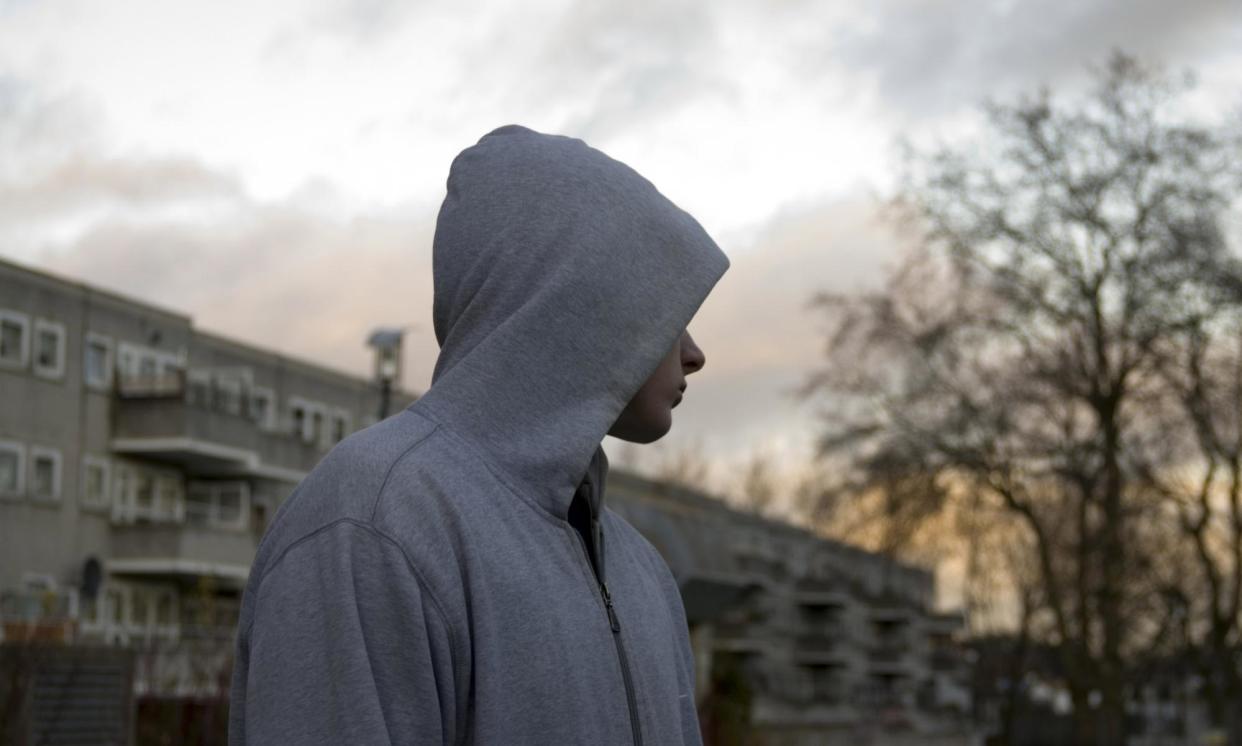Record numbers of pupils in England absent for long periods, DfE data shows

Record numbers of pupils in England were absent for long periods last year, with one in 50 missing at least half of their lessons, according to official data showing absences remain far higher than pre-Covid levels.
The updated Department for Education figures show 150,000 children at state schools were classed as severely absent in 2022-23 – 30,000 more than the year before and 150% higher than the 60,000 who were severely absent in 2018-19, before the pandemic.
The overall attendance figures showed small improvements compared with 2021-22 but school leaders and experts said much more needed to be done.
Related: ‘Less daunting’: inside the new education unit in north London supporting school refusers
Geoff Barton, the general secretary of the Association of School and College Leaders, said: “Advertising slogans and attendance hubs are just not going to make a tangible difference to pupils who are missing days or weeks of school at a time. We have to be far more ambitious.
“We need greater mental health support for children who are suffering from anxiety and depression. There needs to be a network of support available to allow all pupils to feel able to attend school regularly, and this can only be achieved if public services are funded appropriately.”
The number of pupils classed as persistently absent – out of school for 10% or more of sessions – fell compared with 2021-22, from 22.5% to 21.2%, but remains substantially higher than before 2020, when about 11% of pupils were persistently absent. In secondary schools, 26% of pupils are persistently absent compared with 16% in primary schools.
Disadvantaged children or those with caring responsibilities had acute levels of absence, with pupils receiving free school meals twice as likely to be absent than their peers. The Carers Trust said 39% of young carers were persistently absent and missed an average of 23 days of school last year.
Andy McGowan, the Carers Trust’s policy manager, said: “These figures should ring alarm bells in government, showing all too starkly how being a young carer can have a devastating impact on children’s education and future prospects.
“There are 1 million young carers in the UK – that’s two in every classroom – including at least 15,000 children caring for over 50 hours each week. By selflessly looking after loved ones they’re saving the state millions in social care costs and deserve targeted support.”
The national absence rate fell year on year, from 2.4% to 2.1%, with illness the most common reason given. But there was a slight rise in the percentage of unauthorised absences, including those on unauthorised family holidays.
Concerns over absence are prompted by evidence that pupils who are repeatedly absent get lower exam grades. The Department for Education’s data shows only 11% of severely absent and 35% of persistently absent pupils gaining grades 4 or above in GCSE English and maths, compared with 68% of all pupils.
Earlier this year the DfE announced funding for “attendance mentors” offering support for pupils and their families in 10 of the worst-affected areas, as well as increasing fines for extended absences.
Related: Fines for unauthorised absence from school in England to rise by 33%
But an independent evaluation of one mentoring pilot operating in Middlesbrough found mixed results after its first year: while attendance improved for half of pupils taking part, it worsened for 36%.
Catherine McKinnell, the shadow schools minister, said: “We seem to be in a downward spiral when it comes to persistent and unauthorised absence, with worrying numbers of children missing vital time at school.”
McKinnell said Labour would tackle absences through a combination of funding mental health professionals in secondary school and free breakfast clubs in primary school.
Schools in Scotland have reported even higher levels of absence, with figures published earlier this week revealing that 41% of secondary school and 32% of primary school pupils were persistently absent in 2022-23.

 Yahoo News
Yahoo News 
